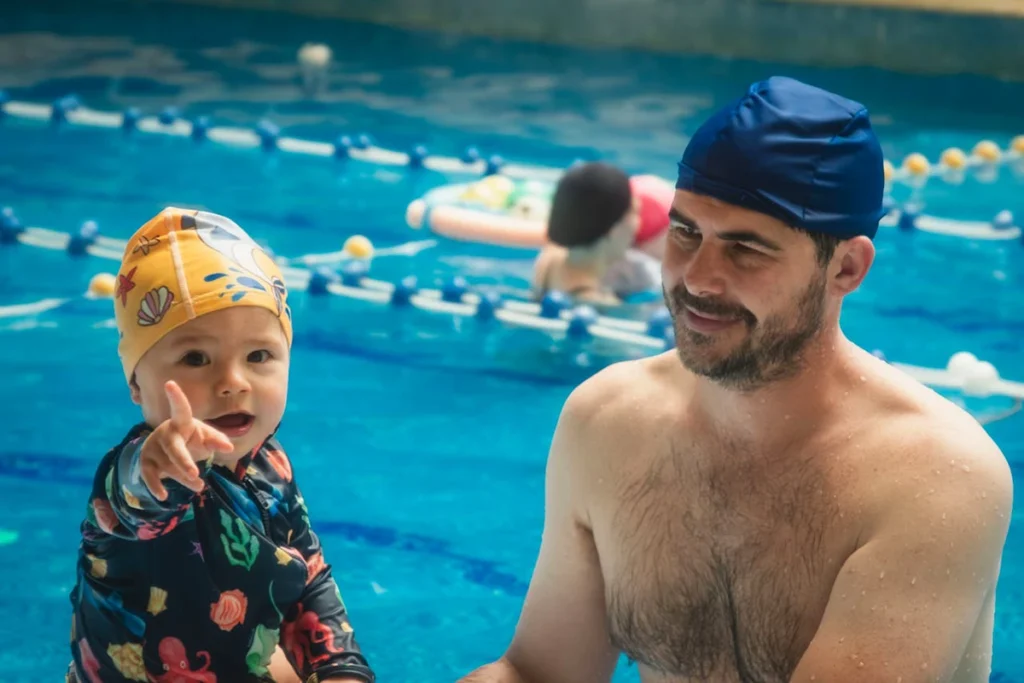Creating child custody arrangements after a relationship ends involves planning parenting schedules, considering the child’s best interests and balancing the roles of both parents. Consulting a family lawyer can help ensure fair, workable parenting arrangements, whether through a parenting plan or formalising agreements through consent or parenting orders.
Child custody arrangements in Australia: how parenting works after separation
After separation, parents must decide where their child lives, how much time the child spends with each parent, and who makes major decisions. These issues are addressed through parenting agreements, which can be informal or formalised through the Family Law Court. If parents can’t agree, a court order may be necessary.
Why ‘custody’ no longer applies under Australian family law
The term “custody” has been phased out of Australian family law. Instead, the law refers to:
- Long term decision making responsibility – the person who has decision-making authority over major aspects of the child’s life.
- Living arrangements – where the child primarily resides.
- Time spent with – how often the child sees the other parent or significant people in their life.
Putting your child’s wellbeing first
Ultimately, parenting after separation is about more than compliance; it’s about building a healthy, secure future for your child. Keep their needs at the centre of every decision. Children benefit most when both parents focus on cooperation, routine and emotional support.

Resolving arrangements outside of court
1. Talk first (if safe)
Start with direct communication. If the relationship allows, many separated parents can discuss and agree on practical parenting arrangements that prioritise the child’s needs.
2. Family dispute resolution (FDR)
If talking isn’t productive or safe, you may work with a family dispute resolution practitioner. These professionals help families reach an agreement through mediation. FDR is often required before starting court proceedings unless exemptions apply (such as family violence).
3. Drafting a parenting plan
When parents agree, they can document their decisions in a written parenting plan. This should outline:
- Where the child lives
- Time spent with each parent
- Communication methods
- Holiday schedules
- Decision-making guidelines
A parenting plan is not legally enforceable, but it can demonstrate the intentions of both parties.
4. Turning it into a consent order
Parents can apply for consent orders through the Federal Circuit and Family Court of Australia to make an agreement legally binding. This ensures that the parenting arrangement has the same legal weight as a judge’s order.
Understanding your agreement options
Here’s a breakdown of common agreement types:
| Agreement Type | Details | Legally Enforceable |
| Oral Agreement | Informal verbal understanding between the child’s parents | No |
| Parenting Plan | Written record of agreed parenting arrangements | No |
| Consent Orders | Agreed arrangement approved by the court | Yes |
| Parenting Orders | Decided by a judge after a hearing | Yes |
What is meant by ‘legally enforceable’?
Not all parenting arrangements carry legal weight. Understanding which agreements are legally enforceable is crucial if you need to protect your rights or ensure compliance by the other party.
Informal vs enforceable arrangements
- Parenting plans are written agreements signed and dated by both parents. They are helpful for clarity, but not legally enforceable. If one parent breaches the terms, you cannot take legal action based solely on a parenting plan.
- Consent orders and parenting orders (approved by the court) are legally enforceable. These are recognised under the Family Law Act and can be upheld through the courts if one parent fails to comply.
What happens when someone breaches a court order?
If a parent does not follow a legally enforceable agreement, such as failing to return the child after visitation or withholding contact, it may be considered a contravention. You can file a Contravention Application with the Federal Circuit and Family Court of Australia.
Depending on the situation, the court may:
- Issue a warning for minor breaches
- Order make-up time with the child
- Impose financial penalties or require legal costs to be paid
- Order community service
- In serious cases, consider a sentence of imprisonment
These enforcement measures exist to uphold the interests of the child and provide accountability when parents don’t comply with parenting orders.
Can the police get involved?
Yes, in urgent or serious cases, police may assist in enforcing court orders, particularly when a child is not returned after an agreed or ordered visit. You may need to obtain a Recovery Order, which directs the police to locate and return the child to their legal carer.
This may apply where:
- A parent has taken the child without consent
- A parent refuses to return the child after court-ordered time
- There are genuine concerns for the child’s safety
Police rely on court orders, not parenting plans, to determine who is lawfully entitled to care for the child. If you do not have enforceable orders in place, enforcement options are limited.
The court’s approach: best interests of the child
The courts are required to prioritise the best interests of the child above all else. Key factors include:
- Any exposure to family violence, neglect, or psychological harm
- The child’s views, depending on age and maturity
- The likely impact of changes to the child’s living situation

The role of the Independent Children’s Lawyer (ICL)
An independent children’s lawyer may be appointed in complex cases, especially where there are allegations of abuse, risk of harm, or high conflict. The ICL:
- Represents the child’s best interests, not the wishes of either parent
- Reviews evidence and interviews relevant parties
- Helps the court understand the child’s psychological, emotional and cultural context
Financial support: who pays what?
Regardless of living arrangements, both parents are expected to support their children financially. Services Australia calculates and manages child support in many cases, but parents can also create private agreements. A family lawyer or mediator can help ensure arrangements are fair and legally sound.
When to involve a Family Lawyer
Seeking legal guidance early in your family law matter can save time and reduce conflict. You may need professional support if:
- You’re creating or updating a parenting plan
- You want to apply for consent orders
- There are serious safety concerns about family violence
- There’s an existing parenting order you need to change
A lawyer can also advise on support services available for parents and children, and help clarify your rights and responsibilities.
Need help with parenting arrangements?
Whether you’re newly separated or managing existing parenting orders, we’re here to help. Our team of Family Lawyers at Tonkin Legal Group offers clear, practical advice tailored to your family’s needs. Contact us today to begin creating a parenting arrangement that works for everyone involved, especially your child.
